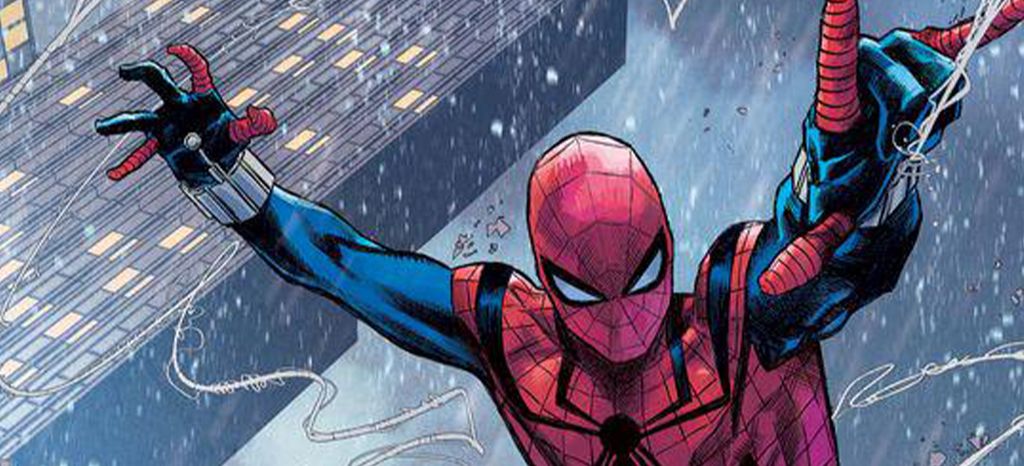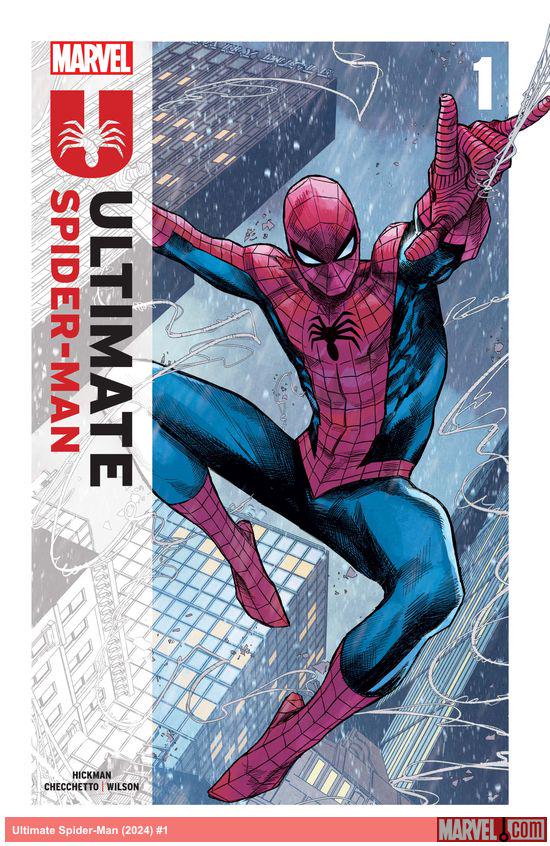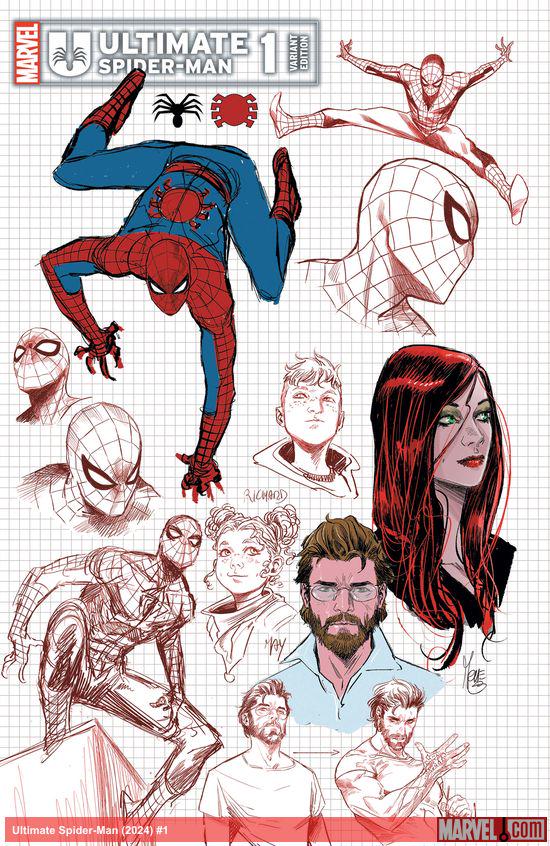
Sydney
June 21-22, 2025
Sydney Showground Olympic Park



Spider-Man is the people’s superhero, there’s no question about that, so what do you do when the people’s hero falls out of touch with the people? The new Ultimate Spider-Man (2024) comic by Jonathan Hickman and Marco Checchetto answers that question, with their unique vision of a Spidey reboot for a new generation.
Issue #1 dropped earlier this month, as the flagship title for the new Ultimate line of Marvel comics, a brand new universe, that technically follows on from Ultimate Invasion (2023) and Ultimate Universe (2023) but truthfully, you don’t need to read either of those to understand what’s going on here, and I recommend you don’t, this is a perfect standalone issue that explains everything you need to know!
Here are several reasons why you should be reading it! Light spoilers ahead.
 Imagine being able to recommend someone read a comic book without forty years worth of plot baggage, where people didn’t feel left out of the conversation because they weren’t caught up on complicated crossover events and who’s dead and who’s revived, etc. You know exactly what I’m talking about, that’s what Ultimate means.
Imagine being able to recommend someone read a comic book without forty years worth of plot baggage, where people didn’t feel left out of the conversation because they weren’t caught up on complicated crossover events and who’s dead and who’s revived, etc. You know exactly what I’m talking about, that’s what Ultimate means.
Ultimate isn’t just a random name that Hickman and Marvel chose to reboot their universe by the way. It has a historical context, a meaning, it evokes something wonderful; a fresh start. In 2001, Brian Michael Bendis and Mark Bagley also kicked off the then-new Ultimate Marvel line with a Spider-Man reboot, and it was excellent.
It also updated the character perfectly for the time period, and THAT is what Ultimate means as well. Zero baggage, and modernisation. So, how has Hickman modernised the wall-crawler? Consider this the inverse of everything you know about Spidey so far.
We find Peter Parker as a thirty-five-year-old man, married to Mary Jane Watson, and with two children. Due to a villain rewriting history, this version of Peter has never been bitten by a radioactive spider, and never became Spider-Man. He walks through life in a haze, feeling that a piece of himself is missing, that something is wrong. And we know it is. This Peter didn’t start with the power and learn the responsibility later. He has a burning desire to help others, to take on the responsibility, but he lacks the power.
From the opening pages where a devastating attack claims thousands of lives (currently being blamed on Tony Stark), to the villain taking away Peter’s life as a hero, one phrase persists through several characters: “Our future has been stolen. Do you want it back?” It’s a question posed to Peter but also to the reader.
This book places Peter squarely where he needs to be, opposite the viewer; a mirror image of us, as he always has been. There’s an inherent optimism to Spider-Man’s backstory, a fifteen-year-old being gifted remarkable powers and learning that with those gifts comes the responsibility to help others. At such a young age, with the world as our oyster and our whole lives ahead of us, anyone could be like Spider-Man. Whether you’re a STEM wizard, an artist, chef, doctor, musician, barber, nurse, or whatever, the skills we have are our gift to the world, like Spider-Man’s.
 Conversely, new Ultimate Peter represents an existential ennui that many people, specifically younger people now, can relate to. The feeling of having forces greater than ourselves, whether that’s the government, environmental collapse, the crashing economy, housing market, etc. stealing something away from us. Hickman promises that it really isn’t too late to change though, it never is. It’s never too late to fulfill a destiny or chase a dream, uproot stability, throw caution to the wind and just do something crazy!
Conversely, new Ultimate Peter represents an existential ennui that many people, specifically younger people now, can relate to. The feeling of having forces greater than ourselves, whether that’s the government, environmental collapse, the crashing economy, housing market, etc. stealing something away from us. Hickman promises that it really isn’t too late to change though, it never is. It’s never too late to fulfill a destiny or chase a dream, uproot stability, throw caution to the wind and just do something crazy!
Spider-Man is the everyman, he is the people’s superhero, in him, even from when the character was conceived in the ’60s, and reimagined in the 2000s, he represents the challenges of regular people, and reflects the culture. He struggles to hold down personal and professional obligations and help people at the same time. As a kid he faces girl problems, high school bullying, and being overlooked by his peers, and as adults, we want to see Peter age with us, and handle adult responsibilities and problems.
His old backstory was characterised by individualism, he doesn’t stop the mugger that later murders Uncle Ben because, “it’s not my problem,” whereas now, Ultimate Peter embodies a community-driven mindset. We are all in this together, as cheesy as that sounds. The world is difficult, and if we can all look out for each other, then we should.
Lately, Spider-Man hasn’t been about us, or about anything. The Amazing Spider-Man run of comics has left many fans yearning for something more mature, and the MCU is a touch too fantastical and far-removed from reality now compared to it’s more grounded beginnings. Ironically, to save Spider-Man in 2000, Marvel had to make him a kid again, and now, to bring him back, Marvel is making him an adult. This is how you age gracefully with your audience, but also keep a character relevant for a new era.
From the absolutely gorgeous artwork and colouring (Matthew Wilson) to the sublime writing, this book is in exceptionally good hands, and it’s possible that we have something really special brewing. If you’ve never read a comic before, or if you loved them once but have checked out for a while, this is your moment!
Are you excited to read more of the new Ultimate universe? And if you have read it, let us know what you thought of Issue #1!






